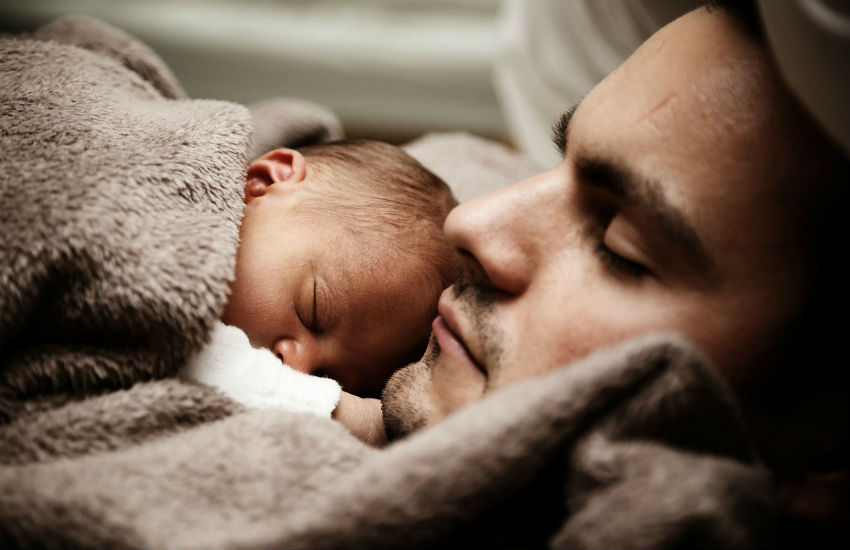Israel says ‘no’ to same-sex surrogates
The Israeli parliament has voted down a proposed amendment to its surrogacy bill to allow same-sex couples the right to have children via a surrogate.

Israel’s Knesset: Amended surrogacy bill, but not for same-sex couples.
However, the Knesset Labor, Welfare and Health Committee did approve an amendment extending those rights to single women in the country. Previously, surrogacy was only available to married, heterosexual couples.
The decision came under fire from Amir Ohana, an openly gay member of Israel’s Likud party, who had proposed the amendment to include same-sex couples.
‘When my husband and I wanted to raise a family, we had to travel thousands of kilometers to another country. The twins were born prematurely and we were not by their sides,’ Ohana was quoted as saying by The Times of Israel newspaper.
‘I had to turn the world upside down to find a Jew, who did not know me but lived nearby, to be by their sides. I am not defying the rabbinate and going against religion, just asking for a bit of humanity.’
‘Painful’ and ‘dishonest’ decision by Israeli parliament
Follow Knesset member Itzik Shmuli, of the Zionist Union told the committee that the discrimination denying same-sex couples the same rights was ‘an insult’.

Dashed hopes: Gay politician Itzik Schmuli called decision ‘an insult’.
‘I want to be a father and I cannot be a father. To do this, I have to go to a foreign country, pay $140,000 and hope it’s all right. My life is full, but there is always a part missing that accompanies me everywhere,’ the newspaper reported him saying.
‘We are good enough to serve the country, but not to be parents. It’s an insult I cannot describe,’ said Schmuli, who was the first Knesset politician to come out while in office. ‘It is a situation that is simply discriminatory, painful, and full of insults and dishonesty. This is wrong.’
Gay rights activist Oded Fried slammed the bill: ‘We must stop the lie that is known as the surrogacy law. It is a law against gay families and against the basic right to start a family.’
The newspaper reported that the current Israeli coalition makeup makes it difficult to pass laws advancing LGBT rights. It said that religious parties, which traditionally oppose such legislation, hold significant power within the coalition.
Other parts of the the bill were amended, including raising the number of children per family from two to five and raising the age limit of surrogate mothers from 38 to 39 years old. A surrogate will also now be able to give birth five times instead of four as the law currently stands.
See also:
First photos of Tom and Dustin with their new baby shared online
Meet the amazing gay single dad-of-3 whose husband died before their twins were born







